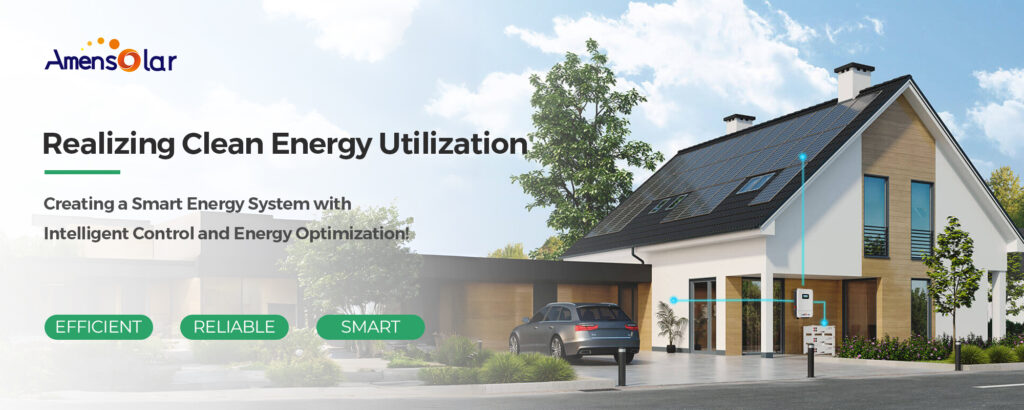Are inverters considered power generation equipment? First we need to understand what is an inverter? How does an inverter work? An inverter is a power conversion device capable of converting direct current (DC) into alternating current (AC). The inverter inputs DC power and converts the DC power into AC power of a specific frequency and voltage through a series of electronic components and circuit controls. The main function of the inverter is to convert DC power into AC power that can be used by the grid to meet the needs of the grid.
Therefore, technically speaking, the inverter is not a device that directly generates electrical energy, but a power conversion device that converts existing DC power into AC power. Therefore, the inverter is not a power generation device.

But some people always think that inverters are also a kind of power generation equipment, because inverters play a vital role in renewable energy fields such as photovoltaic power generation and wind power generation. Taking photovoltaic power generation as an example, solar panels convert solar energy into DC power and convert it into AC power through an inverter for use. In this case, the inverter can be said to be the key device for converting renewable energy into electrical energy. Therefore, from this perspective, some people regard the inverter as a power generation equipment.
From a definitional perspective, an inverter does not meet the definition of a power generation device. Power generation equipment refers to equipment that can directly generate electrical energy, such as generators, diesel engines or hydraulic turbines. The inverter only converts existing DC power into AC power and cannot directly generate electrical energy. So by definition, an inverter cannot be classified as a power generation device, but can only be a power conversion device.
The inverter is an important component in the solar power generation system. It is a core device that converts the DC power generated by solar panels or batteries into AC power. It is used to power AC electrical equipment, thereby achieving independent power supply or reducing dependence on the traditional power grid. The inverter can also adjust the output voltage and frequency to adapt to different load equipment and application requirements. This allows inverters to play an important role in various power application scenarios, such as household, commercial and industrial power.
Are inverters considered power generation equipment? The inverter is not a power generation equipment. The inverter does not generate electrical energy. It is only responsible for converting direct current (DC) into alternating current (AC), such as converting 12v direct current into 220v alternating current. Another example of an application scenario is that there is a power outage at home and the electrical appliances cannot be used. There happens to be an inverter at home. The inverter converts the DC power from the 12V battery into a 220V AC power supply load for use.
Leave a Reply